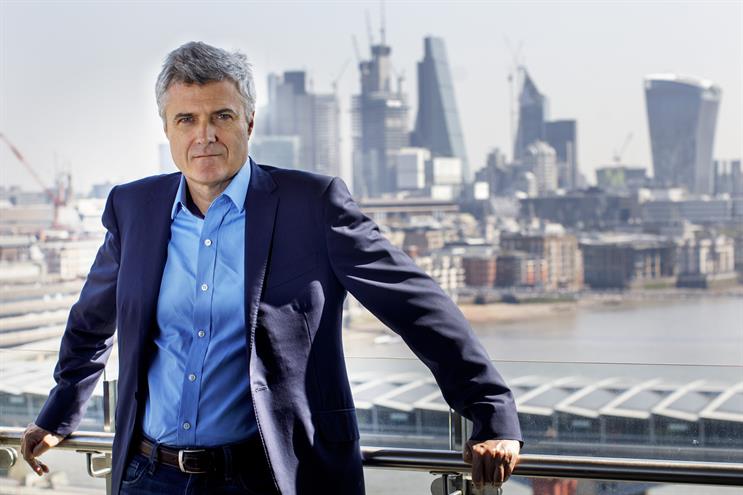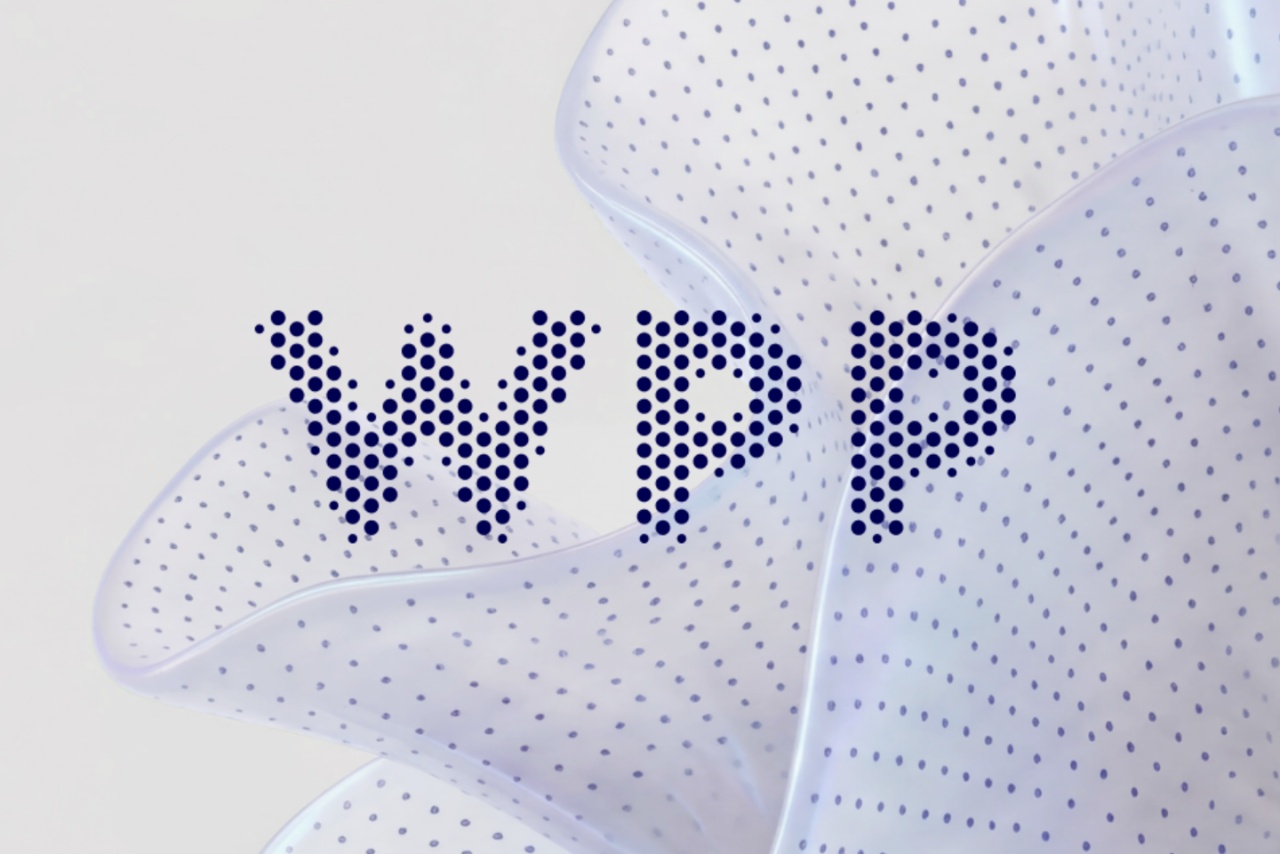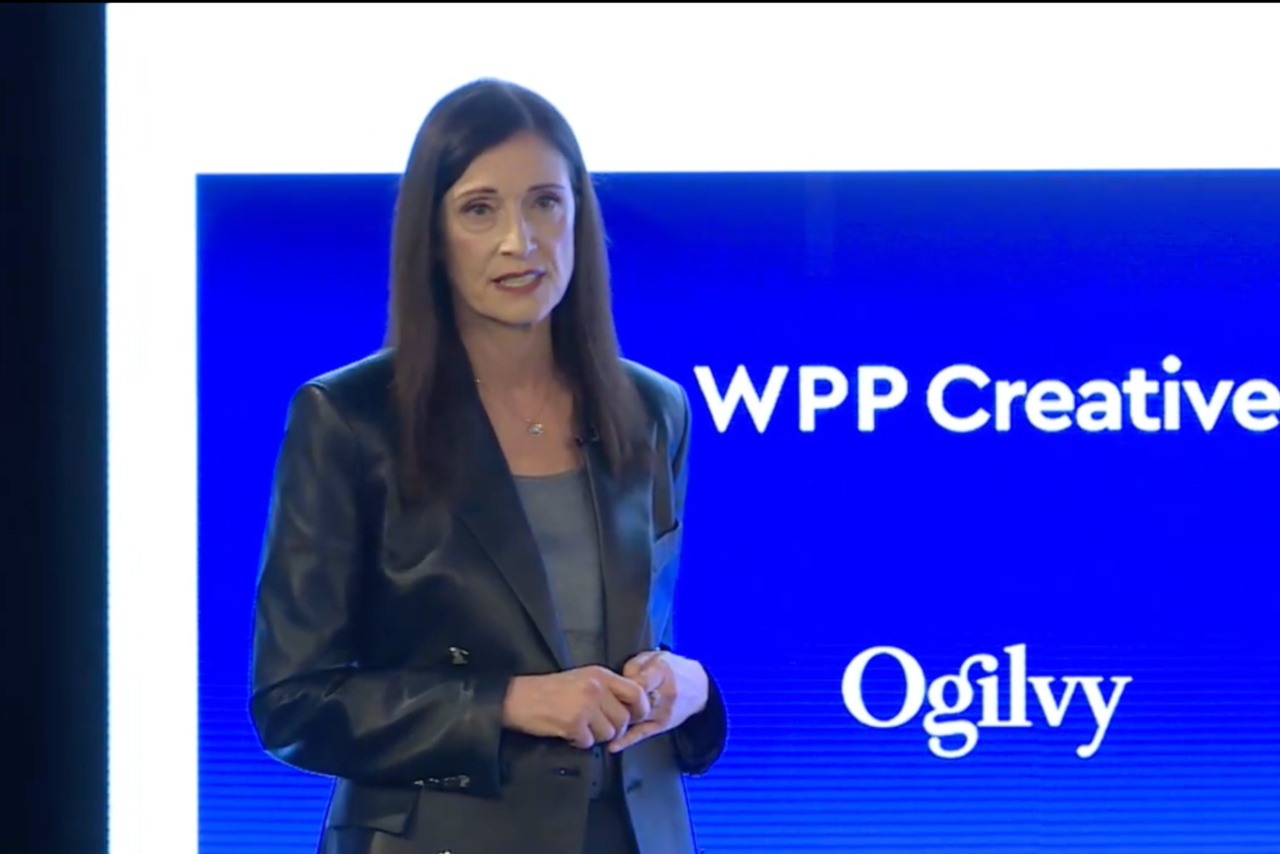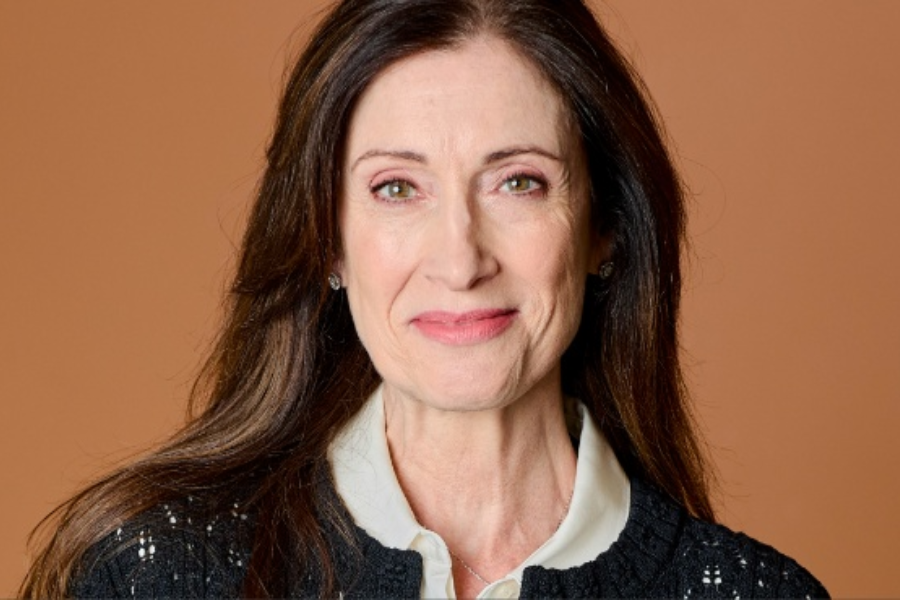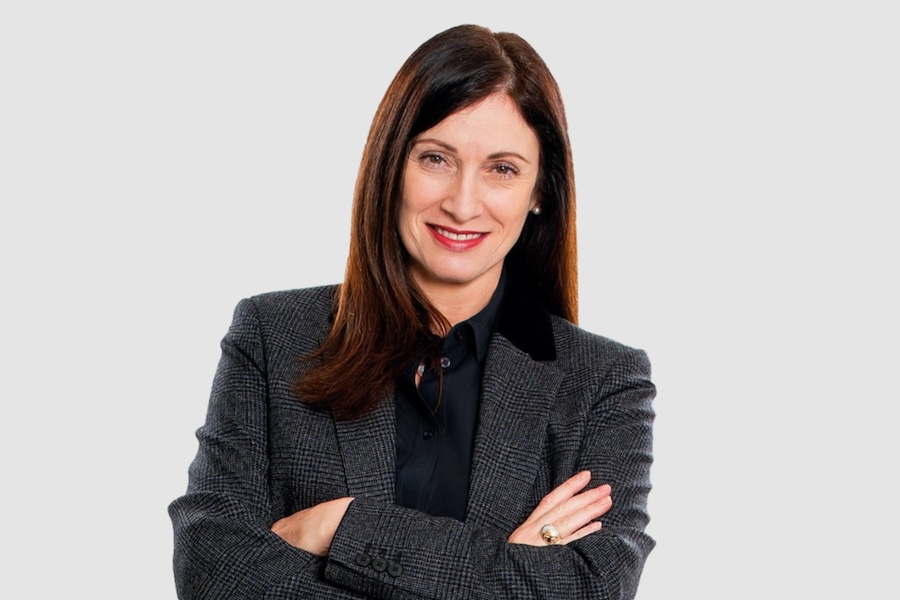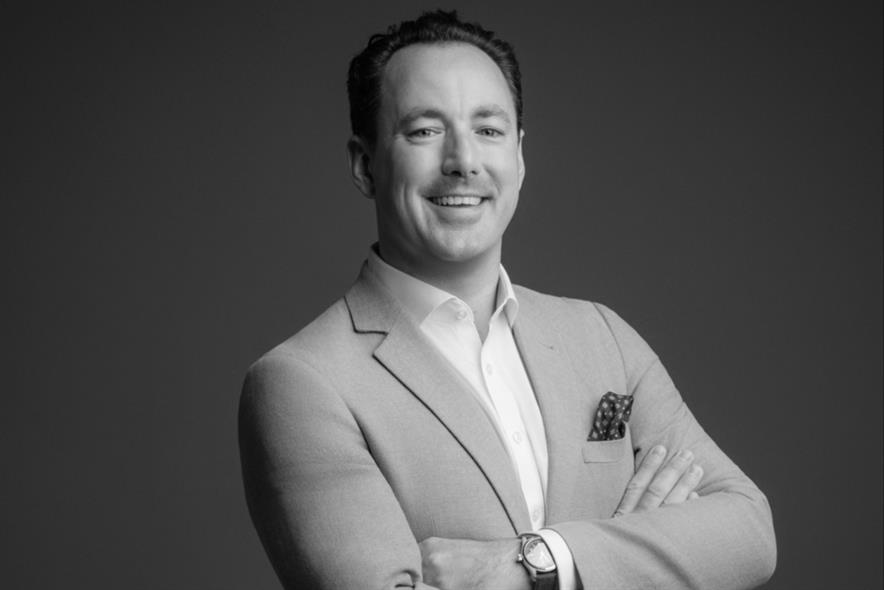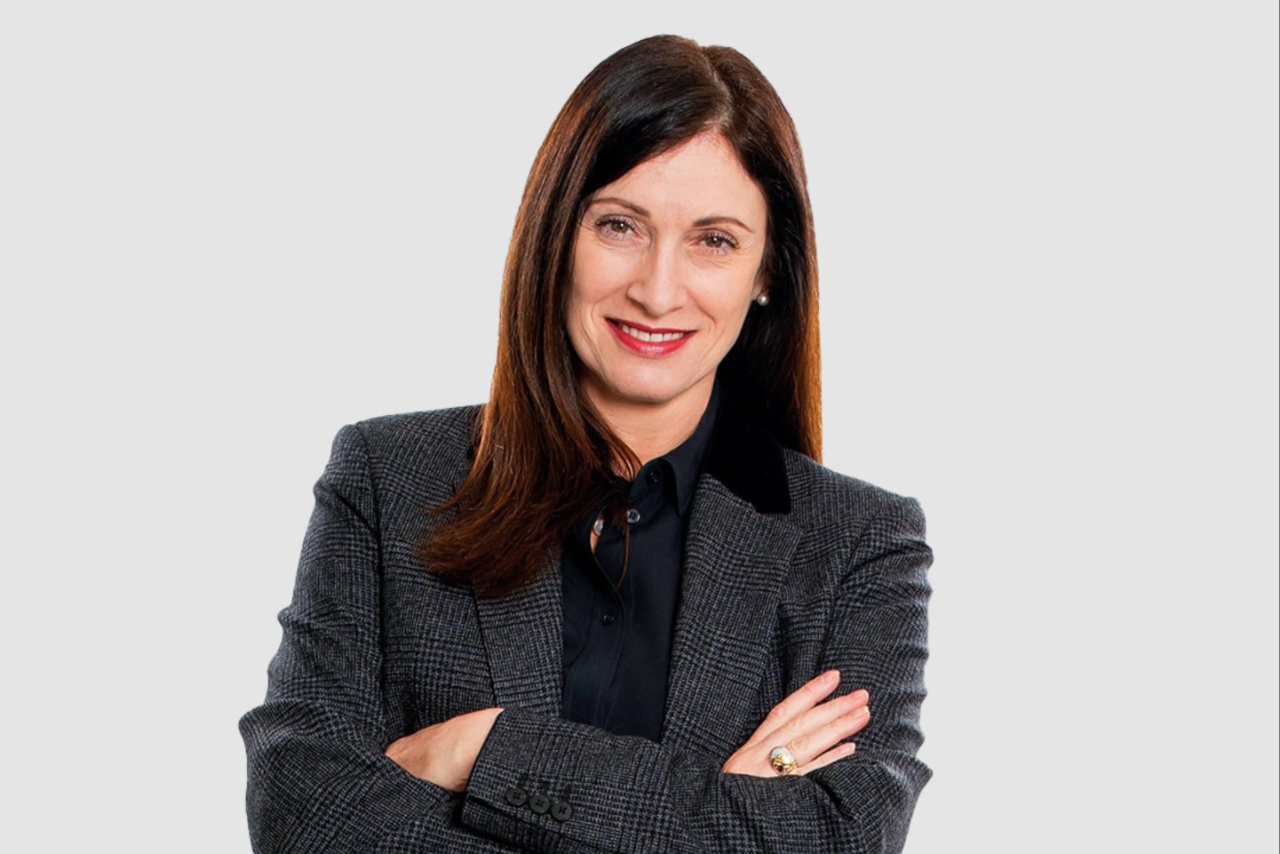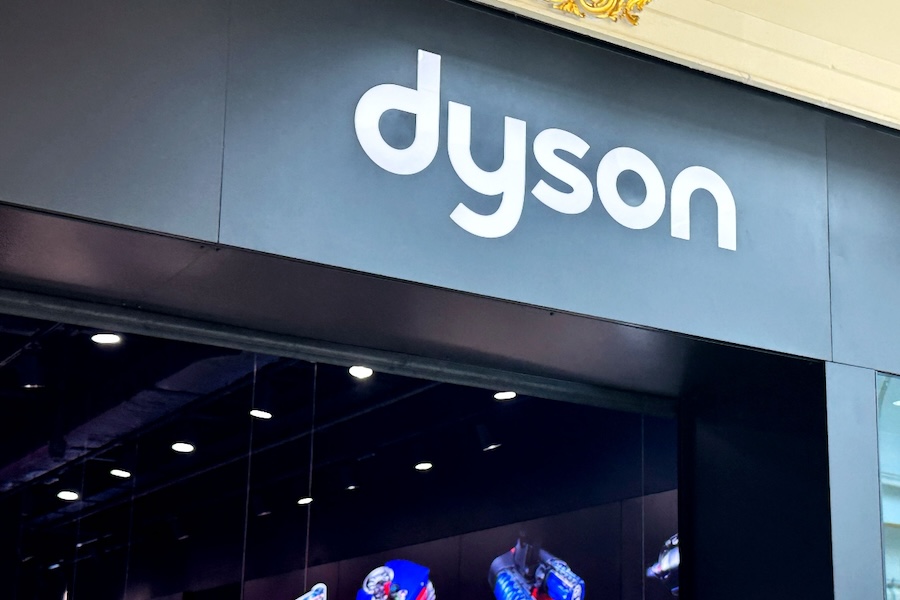WPP's annual revenue growth of 6.9% and strong results at other groups for a second year in a row show “structural fears” about the future of the agency sector were “overblown”, Mark Read has told Campaign.
“Analysts and investors have realised that the likes of Google and Meta are not disintermediating WPP,” he said, noting the agency group's 6.4% growth in Q4 was “faster than the FAANGs” — Facebook, Apple, Amazon, Netflix and Google — which had average growth of 1.2%.
The WPP chief executive said clients are investing “more robustly” in marketing in a high-inflation world while the British agency group is a “better, simpler business” because it has restructured.
He pointed to its flagship creative agencies, which posted 5% annual growth — in contrast to the period before the pandemic when they suffered five years of compound decline. “At WPP, we really reinvented the definition of what it means to be a creative agency,” he said, referring to the creation of Wunderman Thompson and VMLY&R.
Read also talked about salary inflation in 2023, the potential of artificial intelligence and the flaws of ChatGPT in this interview.
When we look at these results, they seem to be as expected with 6.9% growth in 2022 and the forecast of growth of 3% to 5% in 2023 also seems to be in line with peers. That would imply a solid performance, but perhaps that’s under-playing the strength of these results after your 12.1% growth in 2021?
They are a good set of results that reflect the fact that we're doing well. And, as some others have said, the industry is doing well, which is a good thing.
Why are you confident that clients will keep spending? You've said that clients want to build brands and they need to invest in a lot of areas and they need your help. And you highlight tech clients, which have grown 28% over three years for WPP. But Dentsu warned at its results that it is seeing some “pause” from tech clients. Why are you confident? Anything to cause concern about client behaviour in 2023?
We grew 6.9% last year and 6.4% in the last quarter. So you saw a relatively strong set of spending continue into Q4. And if we look at the year ahead, we base our budgets on the conversations that we have with our clients and they continue to invest in marketing to build their brands.
CPG [consumer packaged goods] companies are definitely spending more robustly and, in our presentation, you see some of the quotes we've got from CPG companies [such as Coca-Cola, Diageo, Nestlé and Unilever] that are continuing to invest. Clients see new opportunities from retail media to TikTok to Netflix taking advertising and that’s causing them to think about how they can reach customers in different ways. It's a more complex landscape, so it requires greater investment and greater complexity [in terms of marketing].
And all the investments we've made in data and technology and ecommerce are also paying off, because those are the areas where clients are expanding their spend.
Technology companies have definitely had strong growth [in terms of client spend] over the last three years. Some of them have characterised this year as the “Year of Efficiency”. When we talk to clients, in one or two cases, they change their spend, but they do that every year.
The [overall] pattern as we look at the year ahead is what I call continuous investment [by clients].
How much is inflation helping you? One of your peers [Publicis Groupe] said it thought it was adding maybe 1% to net sales growth. To what extent do you see inflation as a positive or negative on the business?
There are two areas where inflation impacts us: to some extent, where it’s helpful is if clients are seeing robust top-line growth in part driven by price increases, [then] they need to continue to invest in those brands. Many of our clients are seeing [a situation of] volumes decline 2%, prices up 7%, revenues up 5%. And the likelihood is that they're not going to reduce their budgets in that environment. So inflation does support client budgets.
Now there’s the different question about the extent to which we're putting our prices up and probably it’s helping us a little bit more than 1%. But the key point to us is it’s really supporting clients’ investment in marketing.
If we talk about the impact of inflation on staff costs, on one measure, incentives of £424m are down 28% from £592m a year earlier, even as your staff numbers have increased by 6,000 to 115,000. Is this just a case of 2021 was a year of exceptional growth? Another of your peers [Publicis Groupe] increased its bonus pot for 2022.
We tried to focus our staff increases across the board [in terms of remuneration], [with salary] increases on average of just over 4%. Around the world, it has been difficult to match inflation in every market. Those bonus pools are somewhat down on last year but 2021 was an exceptional year and I'd say 2022 reflects more of a normal course of business.
What might salary inflation might look like in 2023?
Around the same [in the region of 4%] this year, probably.
Another question on talent. You refer to striking a better balance between salaried and freelance staff at the end of 2022. What does that mean?
Over the course of the last year, probably at certain points in the year, we had an overreliance on freelancers.
Your results show the creative agencies grew about 5%. Infamously, at your investor day in 2020, you showed five-year compound revenue decline in all four of the creative networks as they then were. What's your assessment of WPP’s creative agency networks now because there are still quite a lot of signs across the industry that creative networks are growing slower than other parts?
I prefer to say that our media business [Group M] is doing very well [with 9.1% growth] and that our creative agencies are growing more strongly [than before the pandemic].
I think at WPP, we really reinvented the definition of what it means to be a creative agency. They've got much broader capabilities in ecommerce, in data, in technology. They’re providing integrated solutions: you look at Wunderman Thompson’s strength in ecommerce or Ogilvy’s strength in a lot of CRM technology or VMLY&R’s brand experience and web design work.
So I think we redefined what it means to be a creative agency, which is why they grew 5% last year compared to their decline five years ago and that's what we intended to do – to integrate the analogue and digital parts of our business into a company that can create ideas and execute them across all the channels that clients need.
Are you still in the process of reducing the number of agency brands? For example, Kinetic looks like it's being dropped as an out-of-home media agency brand. If you're trying to simplify the business, Dentsu says its international business has improved its profit margin by 400 basis points or 4% in the last few years by killing off a lot of brands. And it's been documented before that WPP’s margin is the lowest of the main peer group.
During the year, we created EssenceMediacom, we brought Design Bridge and Superunion together to form Design Bridge and Partners, we’ve created Group M Nexus. You're seeing a continued simplification. The world is ever-changing and therefore we need to change and evolve our structure.
It's a positive thing that we're looking at our organisational structure and coming up with the right structure that meets the needs of our clients. My view is in 2023 that clients are looking for simpler solutions from their agencies and that definitely means more integrated solutions. And that means that every brand we have needs to be relevant in the market.
You talk in the results about artificial intelligence, with clients needing to “exploit the potential of AI” and WPP “embedding AI into our workflows”.
We acquired Satalia, which is an AI company, two years ago, and we’ve employed a head of creative AI as part of [chief technology officer] Stephan Pretorius’ team for the last two years.
We’re looking at AI across our business: From our media business to how we reach new audiences – we’ve invested in Copilot, which is an AI-driven tool for targeting audiences on digital media or programmatic media – through to creating work more cost-effectively with the explosion of different types of formats. A lot of that work can be done by AI. We are [also] looking at AI to see how client work adheres to brand guidelines. Like any business, it’s really being applied to every element of what we do.
You added 6,000 staff to get to about 115,000. Do you see WPP having a significantly smaller headcount as a result of AI and other innovations in the next, say, five to 10 years?
I'd say it’s too early to tell. We're going to see AI automate some tasks and other tasks are going to need to be done by real people. I don't think it's ever going to eliminate the importance of creativity, even while it may be used as an aid and a stimulus during the creative process. AI is going to challenge every industry and every knowledge worker.
I’ve spent quite a lot of time using [generative AI tool] ChatGPT and some of the work that it produces can be pretty remarkable. But it can also be pretty inaccurate. When I tested ChatGPT on myself, I went to the wrong university and it had half my career wrong. Any AI system is only as accurate as the information that is fed in. It is only as accurate as the internet and we all know the internet is not 100% accurate.
So there's always going to be a role for people. But many jobs are going to be turned on their head and what we advise our children to do is going to be very different from maybe what we would have advised them to do 10 or 20 years ago.
A year ago, on your results day, Russia invaded Ukraine and WPP subsequently shut down its Russian operations. A year on, with China being more aggressive on the world stage, is WPP’s exposure to China a risk? Does it present any sort of moral dilemma?
China is an important market for us – it’s 5% of our business. When I talk to our people in China, they are very positive about the economy opening up [after the most recent Covid lockdowns] and we're very careful with the clients we work for in that market.
The war in Ukraine knocked economic confidence but you ended 2022 up almost 7% and you are saying you could grow between 3% and 5% in 2023. To which it is tempting to say "Recession? What recession?" — at least for the ad industry?
Many commentators, particularly analysts, had concerns about structural fears in our industry and I've always felt that those structural fears were overblown.
I think the issues we faced at WPP back in 2018 [when Sir Martin Sorrell stepped down as chief executive after three decades] were down to the complexity of our structure, the lack of investment in talent, poor performance in the United States, too much debt. And those are all things that we're working on over the last five years to correct.
What we've seeing the benefit of [now] is both an environment where clients probably realise, particularly after Covid, the value of investing in marketing and we’re seeing a more complex environment where analysts and investors have realised that the likes of Google and Meta are not disintermediating WPP, they're actually driving our growth.
And if you look at how we did in Q4, we grew 6.4% and the FAANGs grew 1.2%. So we’re in an environment where we were growing faster than the FAANGs.
And, lastly, we're a better, simpler business – more integrated, delivering better results to clients. And that's helping us as well.
If only it helped your share price more [WPP stock is trading at around £10.50, still far below its peak of £19 in March 2017].
Our share price is up 25% since the beginning of the year.

